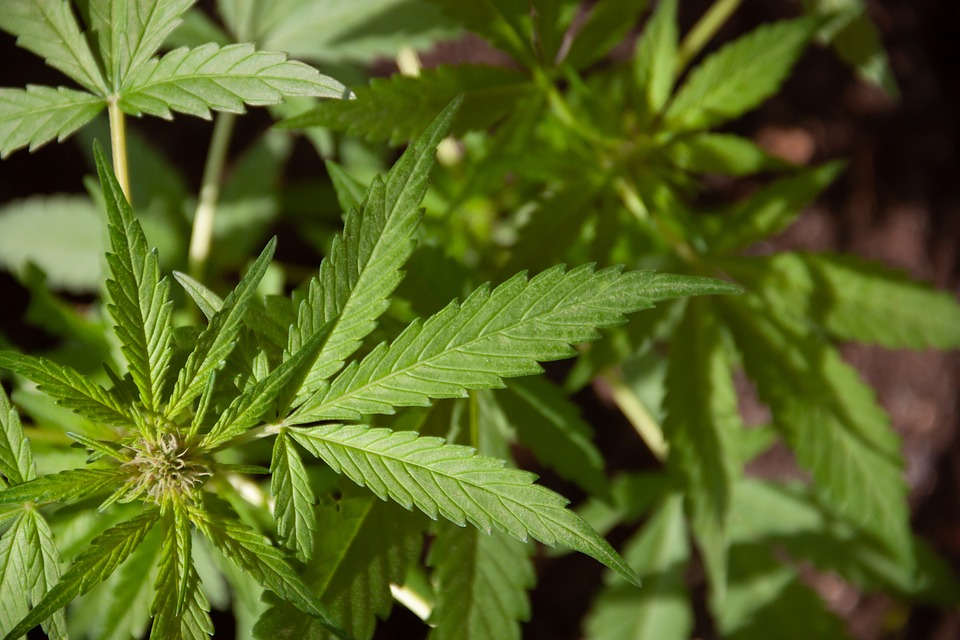Hemp, a versatile and environmentally friendly plant, has been used for thousands of years for various purposes, including fiber, food, and medicine. In recent years, with the legalization of hemp in many countries, there has been a surge in interest in its potential as a source of CBD, a non-intoxicating compound with numerous health benefits. However, harnessing the full potential of hemp requires efficient extraction methods to isolate and concentrate its valuable constituents.
Traditional methods of hemp extraction, such as solvent extraction or mechanical pressing, have their limitations. They may not be able to extract all the desired compounds from the plant, or they may leave behind harmful residues. Additionally, these methods can be time-consuming and labor-intensive, limiting the scalability of hemp processing operations.
Enter modern extraction technology. Advances in extraction technology have revolutionized the hemp processing industry, making it easier, faster, and more efficient to extract valuable compounds from the plant. These innovations have paved the way for the development of a wide range of hemp-derived products, from CBD oils and tinctures to edibles and topicals.
One of the most significant advances in hemp extraction technology is the use of supercritical CO2. Supercritical CO2 extraction is a method that uses carbon dioxide (CO2) under high pressure and temperature to extract cannabinoids, terpenes, and other compounds from the hemp plant. This method is considered to be one of the cleanest and most efficient ways to extract cannabinoids, as it can isolate specific compounds without leaving behind any harmful residues. Additionally, supercritical CO2 extraction can be easily scaled up to accommodate large volumes of hemp material, making it ideal for commercial processing operations.
Another innovative extraction method is chromatography. Chromatography is a separation technique that uses a solvent to separate and isolate different compounds based on their chemical properties. In the context of hemp processing, chromatography can be used to purify cannabinoids and remove impurities, resulting in high-purity extracts with consistent potency. Chromatography is particularly useful for isolating specific cannabinoids, such as CBD or CBG, for use in specialized products.
Ultrasonic extraction is another cutting-edge technology that is gaining traction in the hemp processing industry. Ultrasonic extraction uses high-frequency sound waves to break down plant material and release its valuable compounds. This method is fast, efficient, and environmentally friendly, as it does not require the use of solvents or harsh chemicals. Ultrasonic extraction is also versatile, allowing for the extraction of a wide range of compounds, including cannabinoids, terpenes, and flavonoids.
In addition to these advanced extraction methods, innovative equipment and machinery have also played a key role in advancing hemp processing. For example, rotary evaporators and distillation systems are commonly used in the hemp industry to purify and concentrate extracts. These systems can remove impurities, solvents, and other unwanted compounds from hemp extracts, resulting in high-quality products with consistent potency and purity. Furthermore, automated extraction systems, such as closed-loop systems, have enabled hemp processors to streamline their operations and increase their efficiency.
The advancements in extraction technology have not only improved the quality and consistency of hemp-derived products but have also opened up new possibilities for product development and innovation. For example, nanoemulsion technology has been used to create water-soluble CBD products that are more bioavailable and have faster onset times than traditional oil-based products. Similarly, microencapsulation technology has been utilized to create encapsulated CBD products that offer controlled release and improved stability.
FAQs:
Q: What is the difference between full-spectrum, broad-spectrum, and isolate hemp extracts?
A: Full-spectrum hemp extracts contain a wide range of cannabinoids, terpenes, and other compounds found in the hemp plant, including THC (albeit in trace amounts). Broad-spectrum extracts are similar to full-spectrum extracts but contain no THC. Isolate extracts isolate a specific cannabinoid, such as CBD, from the rest of the plant material.
Q: Are there any risks associated with advanced extraction methods?
A: While advanced extraction methods are generally safe and efficient, there are some risks associated with them, such as the use of high-pressure equipment or the potential for contamination. It is important for hemp processors to follow best practices and safety protocols when using advanced extraction technology.
Q: How can consumers ensure the quality of hemp-derived products?
A: Consumers should look for products that are third-party tested for potency and purity. Additionally, it is important to choose products that are extracted using safe and clean methods, such as supercritical CO2 extraction or chromatography.
In conclusion, innovations in extraction technology have revolutionized the hemp processing industry, enabling processors to extract valuable compounds from the plant more efficiently and effectively. These advancements have not only improved the quality and consistency of hemp-derived products but have also opened up new opportunities for product development and innovation. As the hemp industry continues to grow and evolve, we can expect to see even more exciting advancements in extraction technology that will further expand the possibilities of what can be achieved with this remarkable plant.

